Content by Ryan E. Day

Thu, 03/22/2018 - 12:03
Before transitioning to journalism, I worked in manufacturing, production, and high-volume auto repair for decades. When I finally swapped my blue collar for white, I figured my old body would appreciate the switch to something less physically…
Tue, 03/20/2018 - 12:03
In part one of this article, we explored how Woodland Trade Co. (WTC) leveraged high-accuracy portable CMMs to help land tight-tolerance aerospace contracts, and even earn Boeing’s Supplier of the Year award. Here in part two, WTC’s QA manager…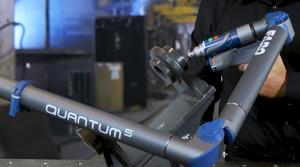
Wed, 02/21/2018 - 12:03
Manufacturing activities have strong ties to economic prosperity. Deloitte’s 2016 Global Manufacturing Competitiveness Index states, “Nations and companies are striving to advance to the next technology frontier and raise their economic well-being…
Thu, 02/08/2018 - 12:03
As a journalist in the quality improvement field, I try to keep an eye on emerging technology that can help us do things better, faster, and more efficiently. Naturally, the internet of things (IoT) is cropping up more often. IoT is all about…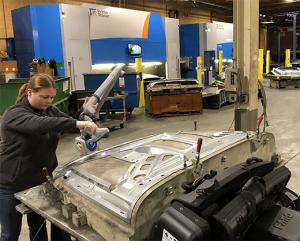
Tue, 01/23/2018 - 12:03
When your public motto is “staying on the cutting edge of technology,” you’ve set a bar for yourself. Thomas Paquin set that bar when he founded Laser Specialists Inc. (LSI) in 1986. Paquin’s untimely death in 1993 left the company with questionable…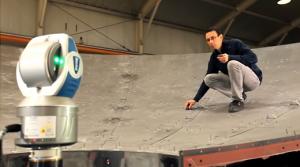
Mon, 12/18/2017 - 12:02
Sponsored Content
Datum Metrology LLC (DM) is a metrology service provider specializing in jig building and bond tooling for various industries, including automotive, aerospace, naval, and nuclear energy. With decades of combined experience in…
Thu, 11/16/2017 - 12:03
If I said I can’t stand Christmas, would you stop reading? If I said I love Jesus—who taught unity and forgiveness—would you stop reading? If I said I can’t stand Christmas, but I do love Jesus at the same time, would you think I’m crazy?
I wouldn…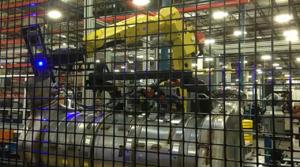
Tue, 11/14/2017 - 12:02
Sponsored Content
Headquartered in Algona, Washington, Dynacraft is a diversified global manufacturer of PACCAR medium and heavy-duty truck parts sold under the Kenworth, Peterbilt, and DAF nameplates. For more than 40 years, Dynacraft has provided…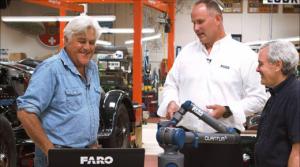
Mon, 10/16/2017 - 12:02
Sponsored Content
By any measure, a $50 million car collection is a whopper. When your collection includes fully restored muscle-car icons, ultra-rare vintage originals, one-off factory concept cars, and... oh yes, a 2017 Ford GT super-car—it is a…
Thu, 09/21/2017 - 12:03
Every other day I stumble over an article about losing jobs to artificial intelligence (AI), AI being the demi-savior of mankind, or being the digital antichrist. So, exactly what is AI and what’s the big deal?
What is AI?
The question of what…